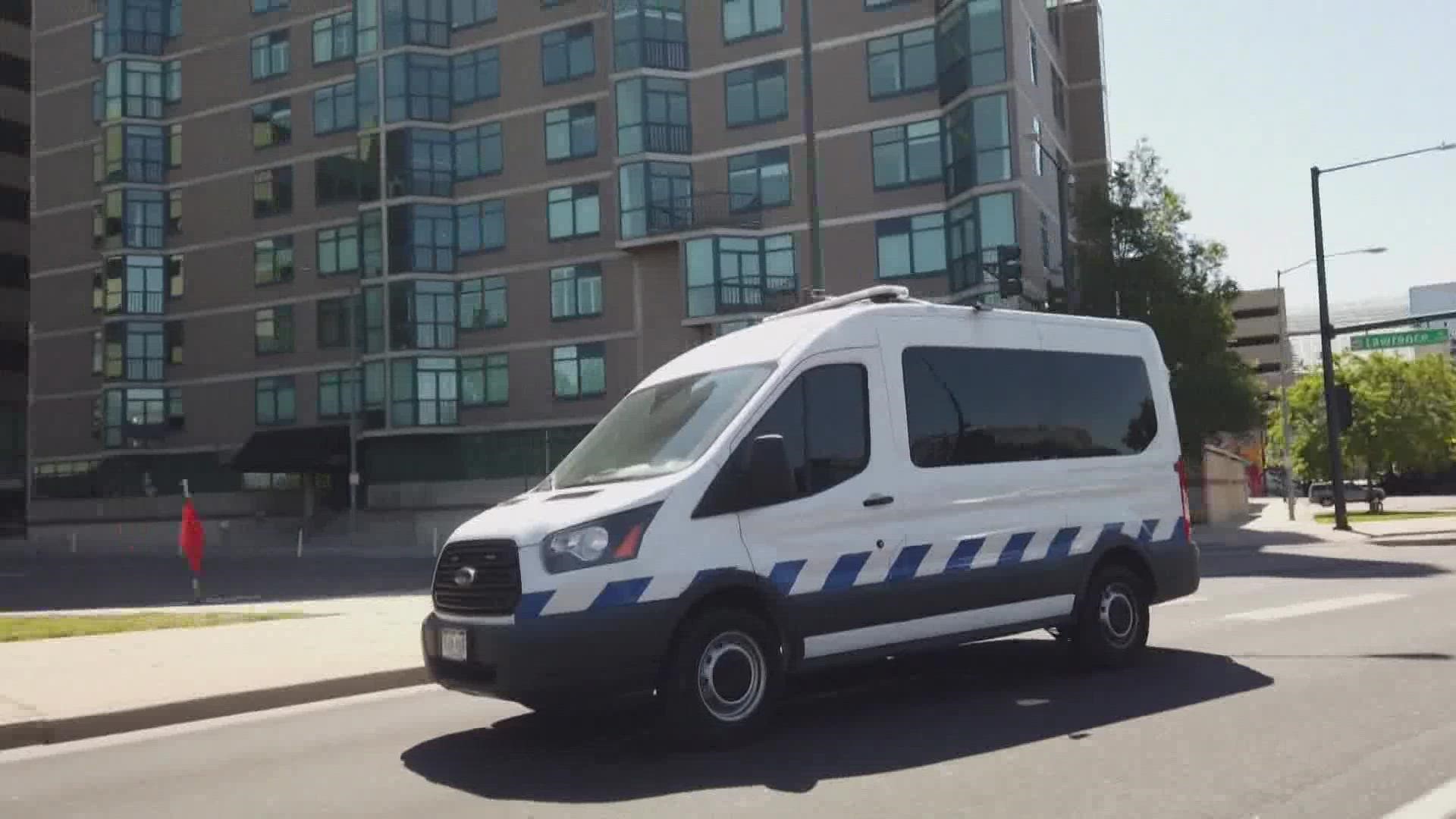DENVER — People in other states are looking at Denver's program that sends mental health professionals, instead of police, to certain non-violent 911 calls. A new study by Stanford University found the STAR program has reduced crime in the city.
"The pilot results were extraordinarily encouraging," Professor Thomas Dee said.
Dee analyzed the pilot phase of Denver's STAR program, which started in 2020. He conducted this study as more cities reexamine the role of law enforcement in non-violent emergencies.
"When the STAR team is there, that person is much less likely to be arrested. They are receiving health care instead of entered into the criminal justice system," he said. "Targeted lower-level crimes – think disorderly conduct, trespassing, etc. – fell dramatically in those downtown precincts relative to the other precincts where the program was unavailable."
In neighborhoods that STAR focused on, Dee said, lower-level crimes fell by 34%. There were fewer citations, and people were less like to re-offend because they got the help they needed.
"It wasn't available in these downtown precincts seven days a week, 24 hours a day, during the pilot period," he said. "But we see those lower-level crimes reducing even during those off hours."
He estimates there were 1,400 fewer criminal offenses in Denver because of this pilot program. Dee hopes the city's success will encourage others to try the idea too.
"I think it is something they should think about taking up and exploring very seriously," he said. "But I want to underscore, too, it is not an intervention that you can plug in and expect to work. It requires cooperation and training and careful implementation."
The study also found the STAR program saved taxpayers money. Dee said if people were placed into the criminal justice system instead, his team found it would have cost the city nearly four times more.
SUGGESTED VIDEOS: Latest from 9NEWS

